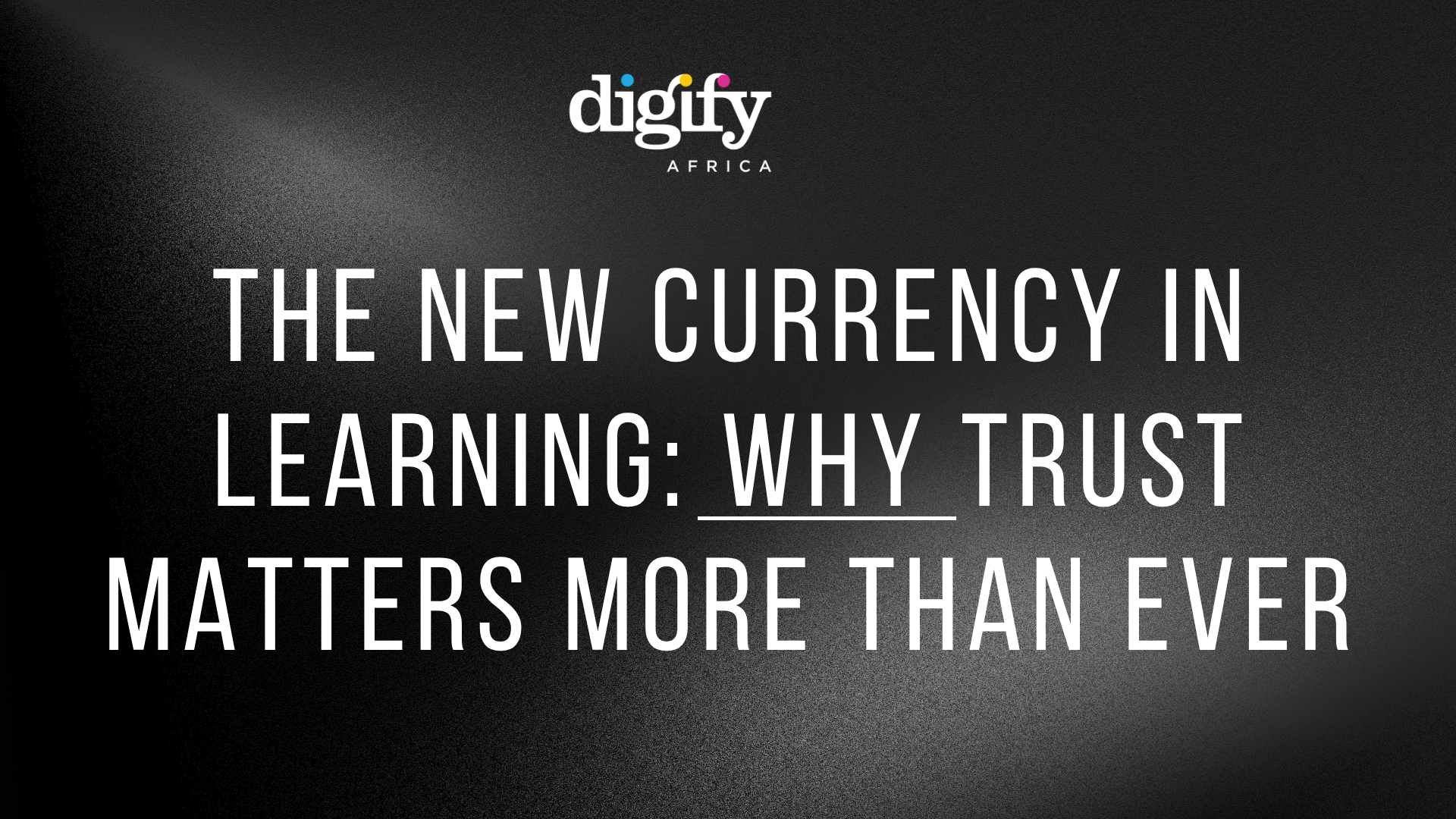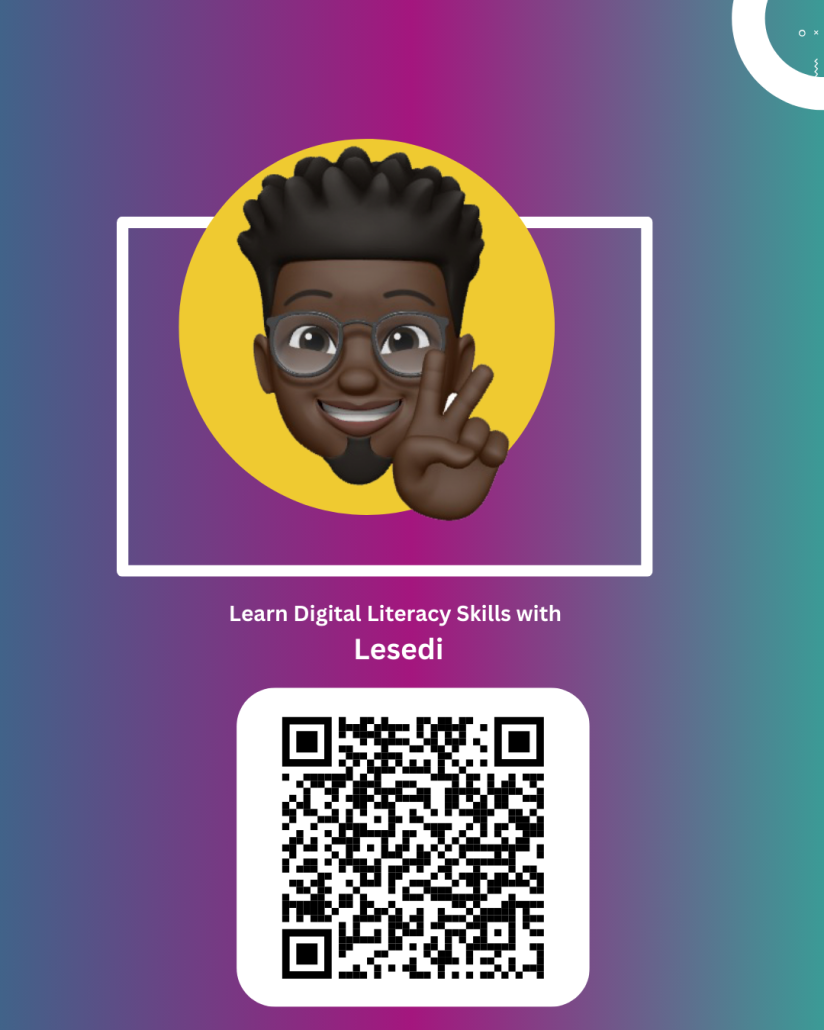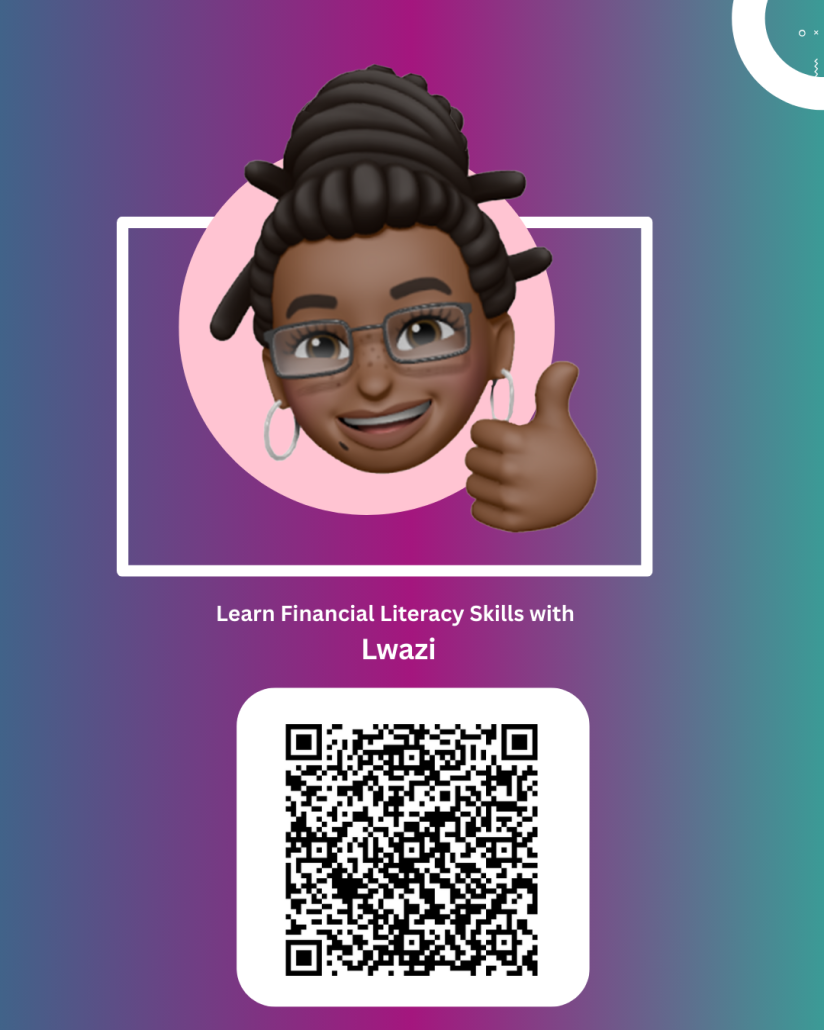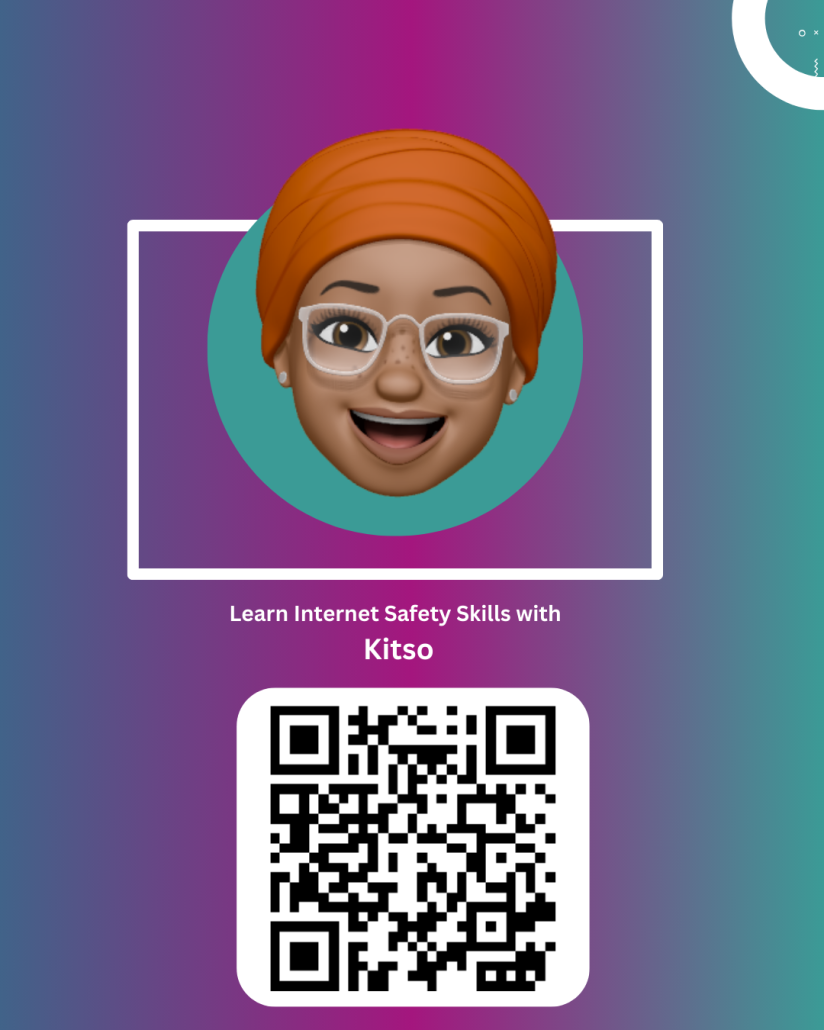
When trust becomes more valuable than access, education must evolve.
In a recent Digify Africa Learning Lab session, we asked a provocative question: “What’s your trust criteria when choosing where to learn something new?”
What followed was an insightful discussion that revealed a deep shift in how today’s learners approach education. We’re no longer living in a world where institutional authority guarantees trust. Instead, learners are curating their own “trust ecosystems”—drawing knowledge from diverse, often unconventional sources that feel more credible, more real, and more relevant.
The Great Trust Migration
Gone are the days when degrees were the gold standard of credibility. Today’s learners are:
Cross-referencing YouTube tutorials with blog posts and Reddit threads.
Valuing advice from practitioners with “skin in the game” over textbook theory.
Choosing short courses taught by doers, not just academics.
This shift doesn’t mean institutional education is obsolete—it means it must adapt.
The Trust-Learning Paradox
The democratization of knowledge has made learning more accessible, but also more uncertain. With so much content out there, learners have become skeptics—constantly scanning for red flags, credibility markers, and social proof.
We now ask:
Who is teaching this?
Do they walk the talk?
Can this be applied in my real life?
What do others in my community say?
Trust is the New Metric
As learning creators, this is our new challenge. We’re not just competing for attention—we’re competing for belief.
At Digify Africa, we take that seriously. Whether we’re designing WhatsApp-based learning experiences or digital learning bootcamps, we prioritise:
Transparency about our sources and limitations.
Real-world relevance in every module.
Peer learning and community interaction.
Continuous updates when the industry shifts.
Because in the future of education, content is everywhere—but trust is earned.
The Way Forward
If you’re creating learning experiences, ask yourself:
Are you building trust or assuming it?
Do your learners feel seen, heard, and safe to grow?
Are you updating your content as fast as your learners’ needs are evolving?
This isn’t just a shift—it’s a revolution.
So, what does trust look like to you when you learn—and how are you helping others trust what you teach?



